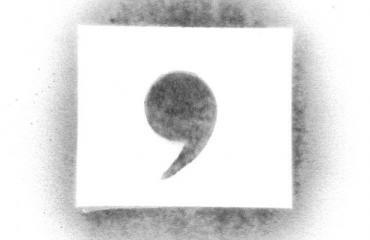
If you are an avid fiction writer, then you have probably run into the problem of writer’s block once or twice. Lack of inspiration is the most potent enemy to a writer of any kind, but especially to one who relies on original tales and stories of fiction. Still, there are a number of ways you can get your creative juices flowing again, no matter how tapped out you feel.
Writers have a tendency to become stagnant in their work. They feel that the assignment at hand must be done as soon as possible, as many face impending deadlines for their work, but the fact remains that sitting behind your desk in your office is actually counter-productive to the creative process. To get the creative juices flowing, it is always a good place to start to get your actual, physical juices flowing: your blood. Try taking a short brake and going for a half an hour walk. We do some of our best thinking when we are walking, because we are getting more oxygen to our brains than by sitting behind a desk writing or typing.
Keep in mind that being sedentary is the enemy of creativity. Another thing you could do to combat mental and physical lethargy is to change your setting. Your desk and office may be the most congenial place for you to write logistically, but it may be stifling your imagination and creative capacities. If at all possible, set up shop in your backyard, on your deck, or at a nearby park. Try writing outdoors or simply change your work scenery to gain a different perspective.
This next pointer may be the most powerful yet: tap into your dreams. Even if, in your waking life, you are finding it hard to think creatively or come up with something new, chances are your subconscious mind is not having the same problem. It can be difficult, with your schedule, to record your dreams when you wake up in the morning, but give it a try. You can start by keeping a small notebook and a pen near your bed, perhaps on your nightstand every night. Wake up 15 minutes early every morning to give yourself time to simply lie in bed and think about your dreams. Close your eyes and try to recall every detail as best you can, no matter how seemingly inconsequential. Write everything down in the notebook—everything! This is the time where you should be a free-form recounting your dreams, and you can sift through the details and what is incomprehensible later.
You may get an idea for a new story form your dreams or maybe some valuable insight into a story you are already writing, as our dreams are often cryptic messages to us about things that are going on in our waking lives.



